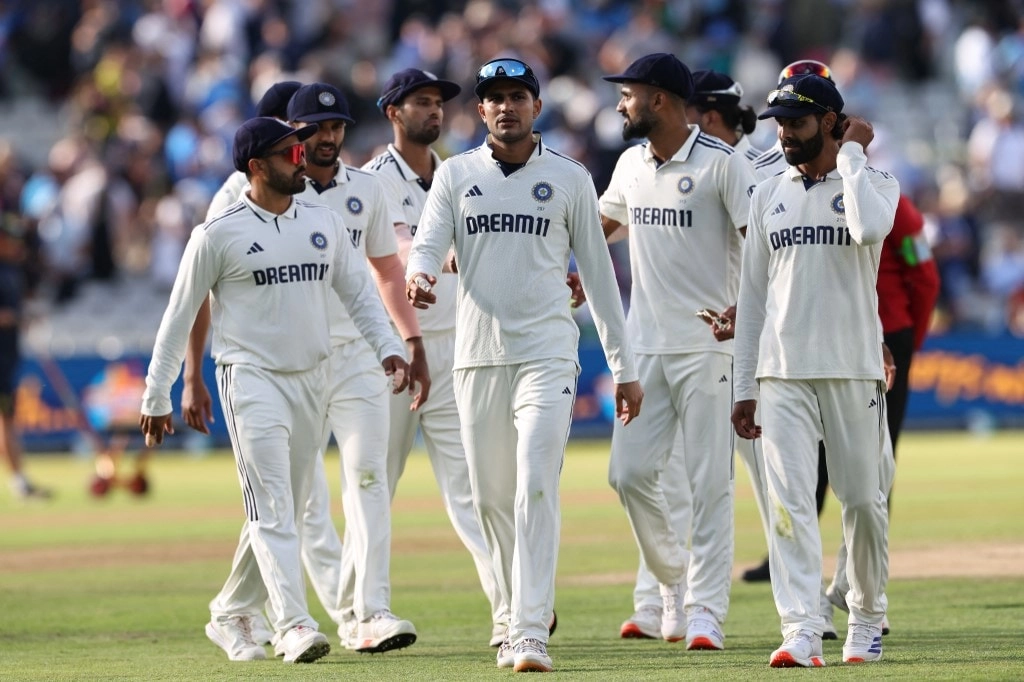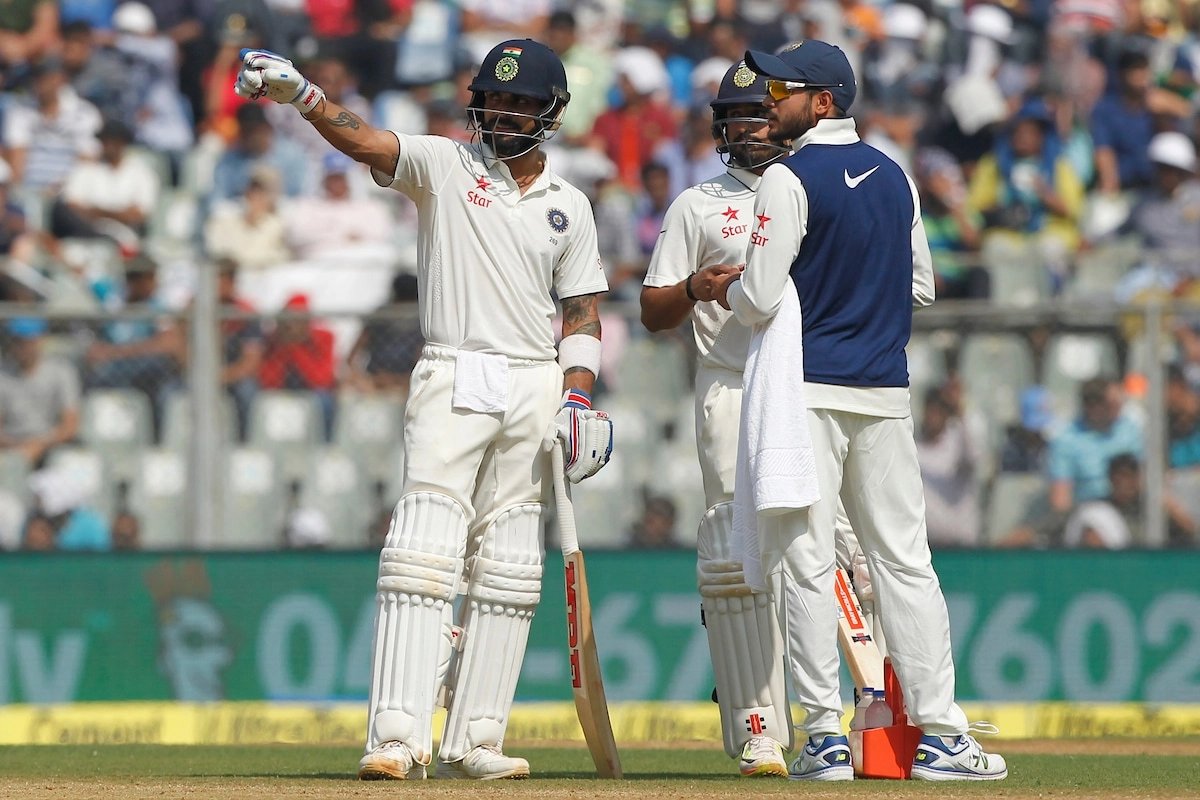The Board of Control for Cricket in India (BCCI) has recently issued significant guidelines regarding the availability of overseas players for the Indian Premier League (IPL), a decision that is set to impact seven franchises in the tournament. The directive comes as part of the BCCI’s ongoing efforts to streamline operations within the league and ensure that teams can effectively manage their player rosters during the tournament. These instructions are particularly crucial given the increasing complexity of scheduling, especially with international commitments and the growing number of T20 leagues around the world that can affect player availability.
The new guidelines stipulate that franchises must provide timely updates on the status of their international players, allowing the BCCI to facilitate better planning for the tournament. This move aims to enhance the competitive balance of the league and prevent teams from being left at a disadvantage due to the sudden absence of key overseas players. The seven teams affected by this directive will have to navigate their squad strategies carefully, as they may need to rely more heavily on domestic talent or scout for alternative international players to fill any gaps created by unavailability.
This change is also reflective of the BCCI’s broader strategy to maintain the integrity and appeal of the IPL. As the league continues to grow in popularity, both domestically and internationally, ensuring that matches are competitive and teams are fielding their best possible lineups is essential. With several international cricketing events scheduled around the same time as the IPL, including tours and other T20 leagues, the BCCI’s proactive approach aims to mitigate potential disruptions and enhance the overall experience for fans.
As franchises adapt to these new guidelines, it will be interesting to see how they approach team composition and player acquisition in the lead-up to the IPL. The focus will likely shift towards building a more versatile squad that can withstand the fluctuations in player availability. This could lead to a greater emphasis on scouting homegrown talent and developing young players who can step up in high-pressure situations, ultimately contributing to the growth of cricket in India. The BCCI’s decision marks a pivotal moment for the IPL, reinforcing its position as one of the premier cricket leagues globally while ensuring that it remains competitive and entertaining for its audiences.




